|
Literary journals, whether in print or online, are becoming quite common, seen everywhere from the bookstore shelf to posts flowing like streams through various online, social media platforms. Some of them stay around for a while; and some, sadly, vanish without much explanation. This happened to me recently when I was seeking a selection to share with one of my classes from an online literary journal that has left in its original shape only a ghostly error code. What happened to it? Where did it go? This brought up some questions for me about the sustainability of literary journals in today’s flooded market: What has staying power? Why read it? What place does this journal have among the others? What shape will this journal leave, if not an error code? And that’s when I found Apo-Press. Apo Press’s foundational, first journal publication, Re-knewing, is an invitation to a world outside of the current, well-tread (and often milquetoast) marketplace of literary journals and the many forms that they take, some fleeting, and some creating a foothold with the audience, which this journal has already begun to do. Re-Knewing is something that feels lovingly and compassionately sculpted into form. The curation of this journal is something in itself to observe; the work within is not simply a smattering of disparate, dissonant voices calling out to be read, but instead, it is a full representation of a rare type of unity, where many pieces have the quality of something that has been well-considered to communicate as a whole. This precise consideration is something that resonates throughout the collection; the more one reads it, the further one goes down a path of playful unconventionality, and a path that is not just accessible to any willing reader, but also one that invites you rethink, or re-know, what you understand about the worlds on offer here, as well as the experiences you are seeking. Among these carefully chosen works are those that make the collection what it is at heart. Avoiding superlatives in my description of these selections is one of my goals in addressing them because when you discover them for yourself, the experiences will consume you; and it will happen, hopefully, in the same ways I myself was consumed, which was enough to prompt multiple readings and a feeling of gratitude that I have this collection at my fingertips. An example of this is Shawnie Hamer’s piece, Ode To the Gritty, a sensual, covert anthem; something that harkens to the traveled wound in all of us. Where “we curate our war,” and where “Grit always remains.” Powerfully written lines such as these not only chisel off the calcification of the daily smog, but these sentences are also gifts—talismans to take with you on your journey. Other standout work include Dennis O'Donnell's Rhadamanthine, which blooms like a container of concentrated atmosphere and silent mystery: “His shadow peaks where yours ends. He eats time. Outside, black stars hang in the heavens. The apple’s flesh is brushed into dirt with its coming.” O’Donnell, like Hamer, shines in this collection, leading the reader to the experience of surprise, and immersion. The work is a configuration to which one returns, repeatedly experiencing certain sentences again and again, if only to absorb the flavors they impart. Similarly, in Su Nadeau’s The Gospel, According to Disco, the reader gets to experience a level of immersive storytelling that evokes the tactile and offers a kind lush urgency: “Everything disappeared and was replaced by a vacuum. I wonder how many fingers a Saint has. As it turned out. Slam. My heart is deaf. Slam. I do. Slam. Lung. Slam. Tight. Slam. Nothing. Slam. Release. My body is the form I’m against.” Completing this collection, I felt filled by language the way one wants to feel when they’ve completed something that gives, and this collection does just that. The mark of anything with staying power is whether or not you will return to it, which goes double for the error code prone world of the literary journal. Did the work inside offer a key to your confusion? Did it unlock a part of yourself you needed to free? Did it help you continue, despite the dark? If you’re lucky enough to find a collection that offers answers, while also creating inexorable questions, then you’ll find yourself returning to it, and this is a collection to which you will return again and again, like I have, to re-orient myself on the path, to renew what I thought I understood. Here is a collection that is, among others, the start of something much bigger, and much needed. Blake Edward Hamilton holds an MFA in Creative Writing from Naropa University. His work has appeared in World Literature Today Magazine: Windmill, NPR, South Broadway Press, and Bombay Gin Literary Journal, among others. He is the author of the poetry collections, All Through Your Multiple Selves and Move In Silence, (Spartan/Luchador Press), and recently published his first novel, Hiraeth (Spuyten Duyvil Press).
0 Comments
Where did the idea for this book come from? It came out of a desire to put together something playful and “anti-politics” that could connect us with birds... Something to uplift the spirit through experimentation... And something sweet. I think I also wanted to protest against the rich mainstream publishing industry only promoting poetry that is “politically correct,” anthropocentric and nationalist... If it inaugurates another round of M*nsanto it’s probably too “correct...” So, you know, that popular book industry sells us “bestsellers,” but they won’t promote truly political poetry. So I think there’s a paradox there, truly political poetry is anti-politics, because it proposes something better. You know, John Trudell’s poetry was smashing systems and governments and defending nature... You won’t find it in many bookshops. But great poets are and have been published by small independent publishers, that’s where real change is sparking. I think this book is my way of also being on nature’s side and rebelling against those systems... It’s a book about birds who sing poetry and who are not very happy being treated as products and decorations, or about people being so into what they call “politics” that they forget they’re suppressing and ignoring other forms of life... So there is an anti-speciesist standpoint too. And it’s also a book about experiments, and about the capacity of poetry to be playful, alternative, methodically radical, and to take us out of the “reality” that most people are accepting... I love birds, and I think the interactions between birds and humans are very interesting... Past civilisations thought birds were sacred, and magical, and now there are videos where birds ‘beatbox’, or dance to techno, make music with all kinds of stuff people have in their houses...which is kind of magical. I thought that relationship and that shift was an important thing to explore. I also remember I was a bit angry when I found out that the partly-Indian VP of the United States was super pro-McD*n*lds, which is responsible for so much violence against animals, while ahimsa, or nonviolence is one of the great teachings of Indian cultures and spiritualities, and of Gandhi... I love spiritual India and how it relates to nature and life; rivers are holy, mountains are holy, birds are holy, rats are holy, monkeys are holy, cows are holy... So cows are also present and holy in the book... There’s a bit of Indian spirituality in it. Animals do have voices, people just don’t listen. The title of the collection, “The New Cockatoo” is something I’ve had ready for years. I knew I wanted to write a book called The New Cockatoo, and I didn’t know why. I didn’t know what kind of book it would become, it just took its own course. What iterations did this project take over that time? How were you able to decide the paths it would take? It was a long process of defining and redefining its intention... It took a lot of paths, maybe because I tried to do as many different things as possible. My mind is always exploding with ideas, so I had to write them all down, do sketches, write notes of what I wanted... I wanted to transform the readers into birds, to connect us with that world we don’t visit often To help us exit our human bodies for a while. I wanted to make it a fun book to read, but slowly I realised that there was this sub-context, of something very complex, and at some point I thought, “this book was supposed to be joyful and suddenly its true nature is being revealed…” But there’s nothing wrong with sadness, just like there’s nothing wrong with ‘happy’ poetry... And I embraced the fact that the collection has this ‘bittersweet’ tone, as Freddie wrote in the foreword, and I decided to write a short essay about caged birds in poetry. I was also inspired by a letter by James Baldwin where he mentions how we reject what we don’t know; people tend to suppress what and whom they don’t understand, and we don’t really understand other forms of life, sometimes we don’t even understand each other... It didn’t feel as if I was deciding on which paths the book was taking, the birds took over; they were in charge… The poetry is contemporary and forward-looking, but the book starts with reflections on just how important birds have been to humanity over thousands of years, so the paths are a little paradoxical. What was your writing process for this book? Tell us about your rituals. I…tried channeling birds, which felt more like they were channeling me. I was suddenly interested in people who channel messages… I provoked some crises upon myself by visiting pet shops and spending time with the birds they hold hostage as prisoners… It was like method acting but in writing. I tried to feel like a bird in a pet shop all day, or like a pet bird gathering hoops… I also spoke to some of the birds I come across everyday, by the river… I wrote while watching videos of bird pets on the internet… Sometimes it was like a new age meditation where I would visualise myself as a cockatoo, take lots of notes and then do a lot of collage and elimination of material… There is also some Found poetry in the book; I took small fragments from texts that inspired me and played with them, quoted them and transformed them… I wanted to make a homage to some of the writers who inspire me, so whenever I was writing and their words were in my mind I tried to connect and feel the love… What were you most afraid of and/or excited about in writing this book? I was afraid of writing the essay, although I really wanted to do it. I didn’t want it to be a rigid scholarly essay, but I wanted to write a reflection about these poems that marked the history of caged birds in poetry and also talk about my intention and my own experiences with the subject growing up… What I hope is that readers will embrace that as my own personal experience and then read the book in any way that they want to read it, and create their own experience and meaning for each poem. I am really excited about people doing the cut-up exercise—‘mission from cockatiel’ in the book and creating their own poems so that each copy will be unique, with a bit of destiny and each person’s creative input in it. I hope they’ll send me pictures of what they make with the cut-outs. How do you feel your experience with running Free Lines Press influenced your writing of this book? It was challenging, because we work on several books at a time, and we have a timeline, and I am really looking forward to publishing all of our upcoming books… And working on my book at the same time required a lot of discipline; it was the editing plus the writing, supervising all our other projects and keeping contact with the authors. At some point I thought about postponing the book and publishing other books first, because it was taking so much of my time, but I decided to just stick to the plan, and not set my poems aside because of my workload, because it wouldn’t be fair to the birds… And we should not feel separate from each other, we are a team and we are there to stick to the timeline together (chuckles)… If you could impart one piece of advice to our collective members writing a book, what would it be? Don’t hold anything back and don’t set any limits for your work. Laugh and cry… In my head I chant some words that Saul Williams said, and wrote, “transform society through art, feed the imagination, challenge apathy and normative thinking, acknowledge your responsibility to uplift the consciousness of the entire f*cking world…” that’s my mantra when I write. When and where can we buy it? The book is out...and you can order it through the website of Free Lines Press. Our paperbacks ship internationally, and because we wanted to reduce our impact on the environment and make shipping easier, we chose to make our books available via an ethical distributor with printers in the UK, Europe (incl. France), Australia, Canada, India and the US. We don’t sell our books through the big corporations, but they will be sent from your nearest printer, and you will be able to track the status of your orders, so don’t hesitate to order them, we care for our readers and we are as mindful as possible of the whole process. The community can also find us on social media; we share all our news and extracts from poems on instagram, links to art we like on facebook, and offers & promotions on twitter… Sometimes we have free international shipping on all our books, 15% or 20% off, and other special promotions, so please connect with us, we’re @freelinespress in all three networks, and you’ll find the links to our books and everything else there. What’s next for you and Free Lines? We will be publishing the work of extremely talented poets including Joshua Martin, Christina Strigas, H.E. Fisher, and Kristalyn Gill, and visual artists Max Padma and Santiago del Conde. Their collections are absolutely incredible and we are so happy to be publishing artists in different parts of the world. Our applications are open to artists everywhere and we’re looking forward to continuing to discover the work of contemporary experimental artists. Thank you so much Shawnie and collective.aporia, for having me, Free Lines, and the birds today. We love you. About the Author Tania Bies has written and spoken ephemeral poetry for several years. Her writing combines DADA, Found, cut-up, Language poetry and free verse, at times blending hints of playwriting and experimental music. In her poems we find humour, a longing for alternatives, and reflections on limited thinking. She is the author of The New Cockatoo (Free Lines Press, 2021) and View from the Moon, which she co-wrote with Freddie Bruhin-Price. She studied English literature, applied linguistics and creative writing, and is currently recording an album of spoken word in her living room.
|
Authorcollective.aporia Archives
May 2023
Categories
All
© 2019-2021 collective.aporia
|

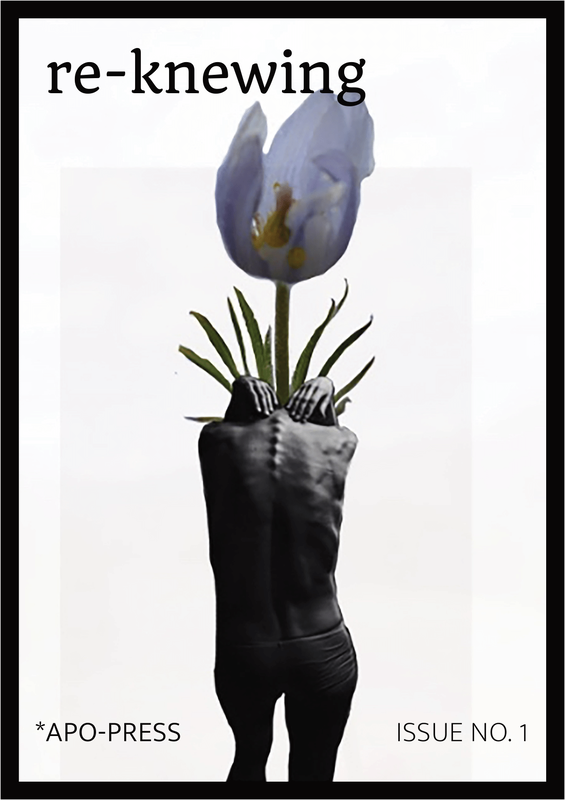
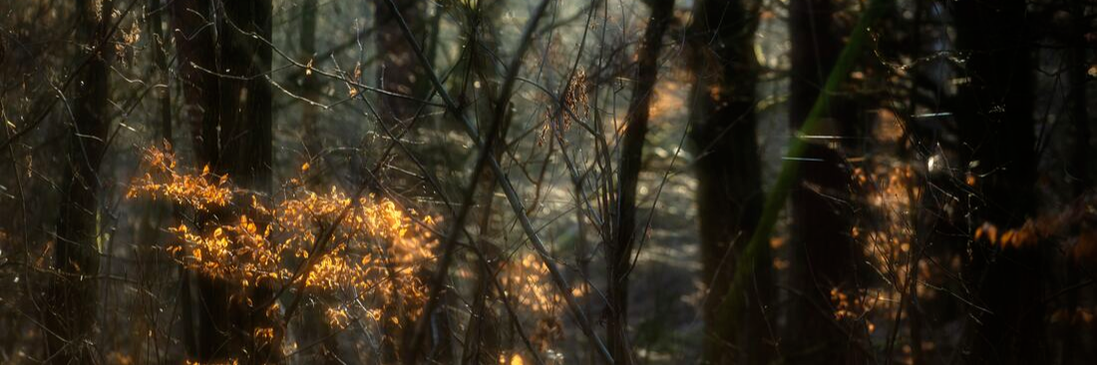
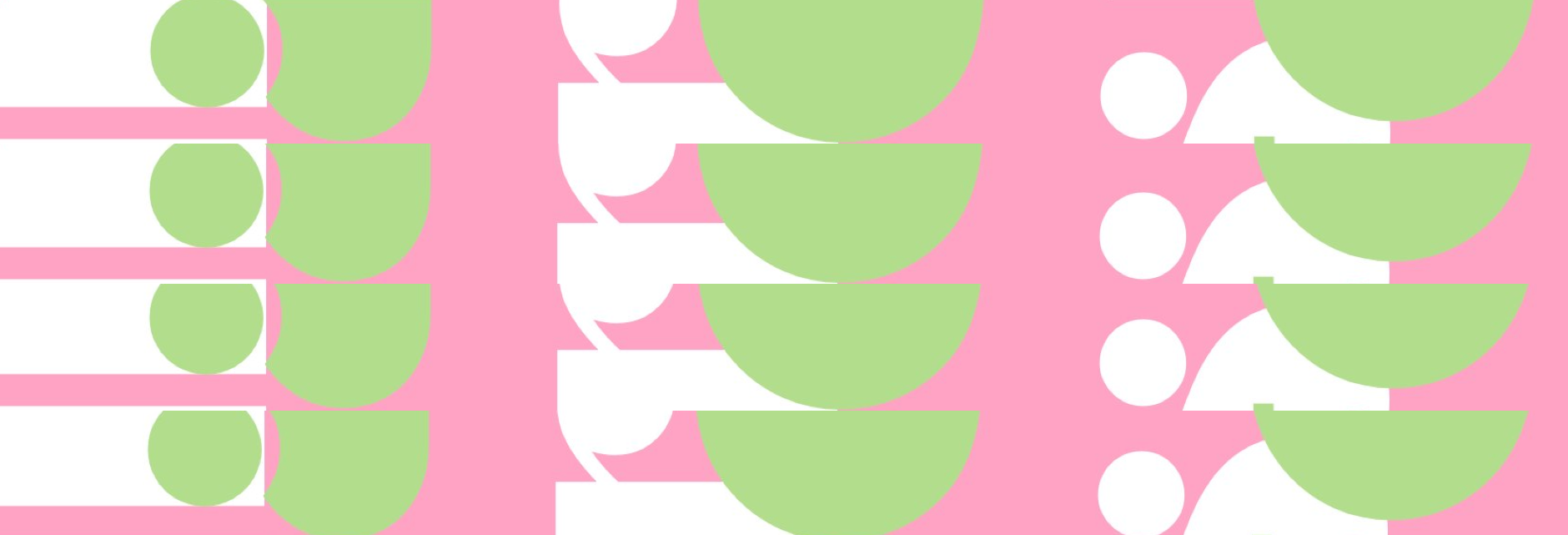
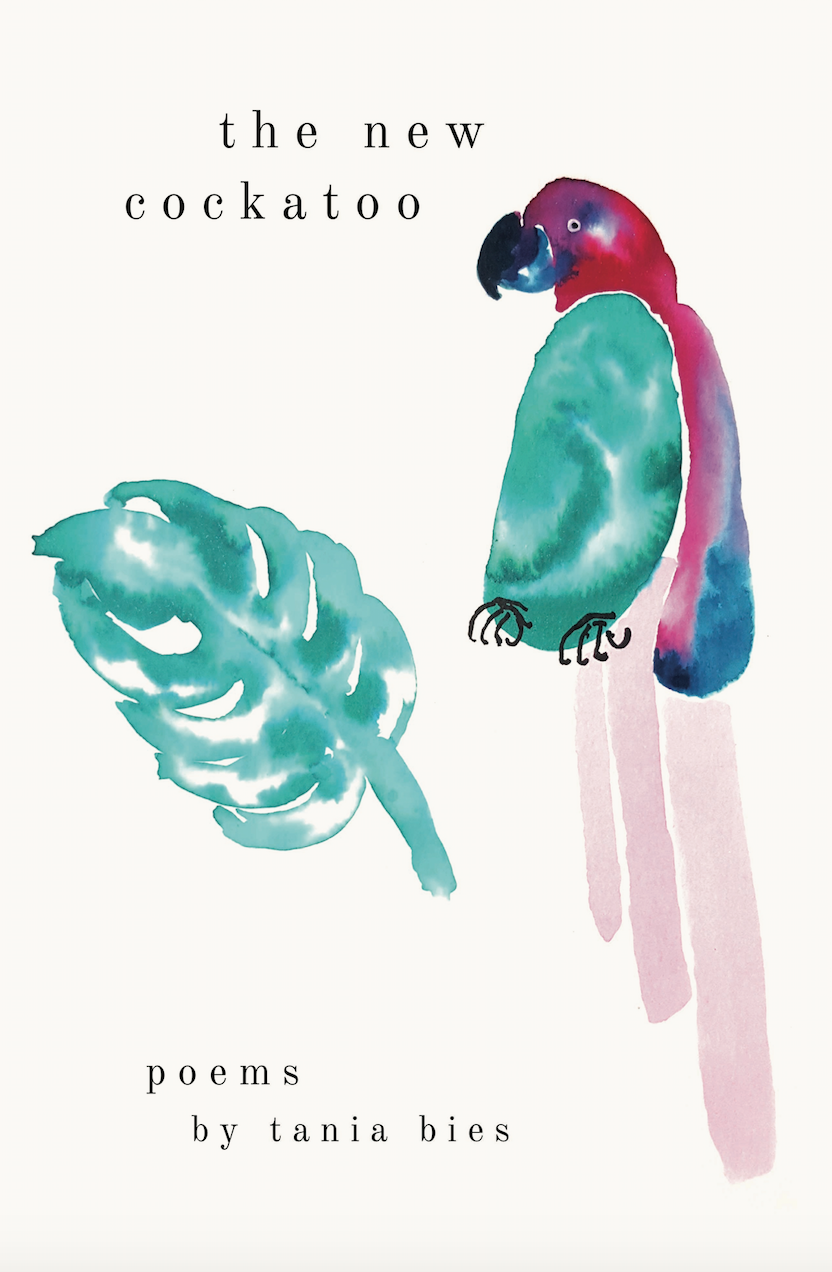
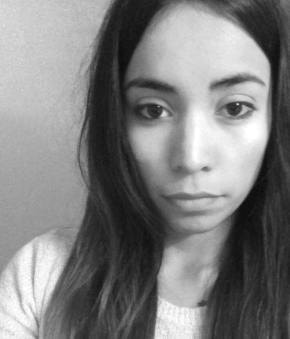
 RSS Feed
RSS Feed
